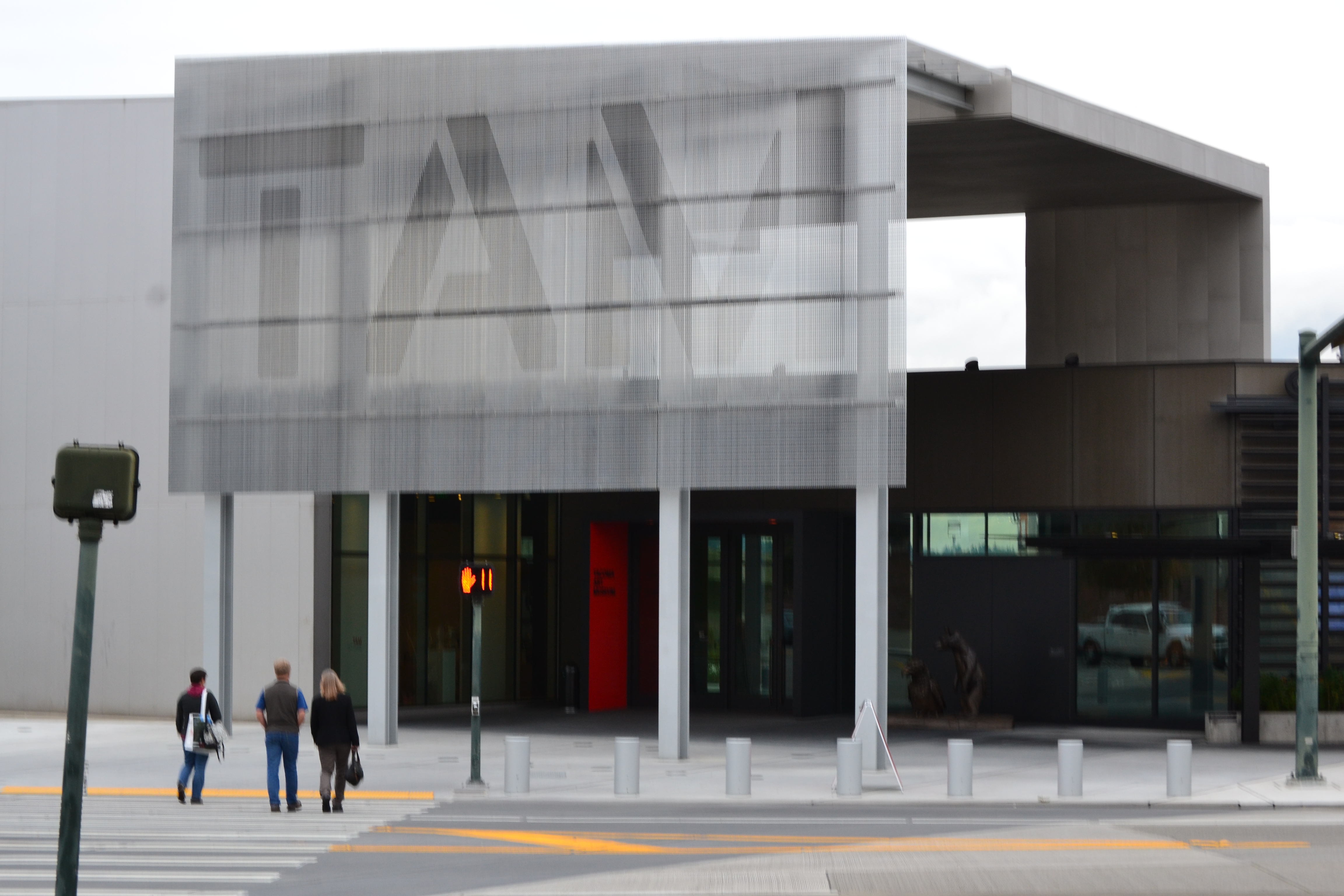The University’s African American Studies Program celebrates its 20th anniversary this year. Since its inception, the program has captured the interest of the community and has gone on to participate in major events such as the 2014 Race and Pedagogy National Conference.
Initially, the AFAM program was a collaborative effort between a small number of professors with a common concern.
“In the mid to early 1990s, there was a campus discussion about the lack of diversity on campus and the student body, and that came to include a discussion of a lack of diversity in the curriculum,” Hans Ostrom, Professor of African American Studies and English, said.
Professors Ostrom and William Haltom then proposed the initiative for an African American Studies minor. They were given permission to pursue the program, but were not given funding for it. As a result, the AFAM minor first emerged out of other classes that were already in the curriculum at the time.
In 2002, Distinguished Professor Dexter Gordon was hired and became the Director of African American Studies.
“He really took it to the next level,” Ostrom said.More professors were hired to teach within the program, and, in addition,
courses applicable to the AFAM minor were taught by several professors outside of the main department.
“We’ve grown the curriculum offerings, we now have dedicated African American Studies courses and we’ve intentionally worked at growing the influence of African American studies across the campus,” Gordon said.
Including AFAM studies in Puget Sound’s available programs not only invites interested students and faculty into an educational space,but also creates a sphere of pedagogical validation for African American individuals.
Nakisha Reneé Jones, President of the Black Student Union and an AFAM minor, had previous interest in AFAM studies prior to her arrival at the University.
“From the beginning, I have always been interested in taking an African American studies class before coming to Puget Sound, because that’s something I wished I could have taken in high school,” Jones said.
From the view of Jones and many other scholars, much of what is learned at the university level is centered on European context, erasing the history of non-white writers, artists and historical figures.
One of the benefits to a growing AFAM program is that the campus becomes aware and critically engaged with the problems of erasure, racial struggle and other lived experiences from the perspective of marginalized groups.
“Ethnic studies as a space of self-definition not only contests social constructions of race that continue to allow racism to permeate in contemporary culture, it is also a critical space used for understanding how racism is reinforced and justified through the use of written, spoken, and behavioral discourses,” Michael Benitez, Jr., Chief Diversity Officer and Dean of Diversity and Inclusion, wrote in his essay “The Significance of Ethnic Studies for African Americans: Societal [Re]articulations, Cultural Formations and Identity Politics.”
Benitez’s article broadens the necessity of programs such as AFAM studies beyond just the Puget Sound community. However, at a university with a majority of white students, studies of race, diversity and ethnography become even more important.
“Our commitment in African American studies is twofold,” Gordon said. “We’re committed to rigorous academic engagement and responsible civic engagement, and we want to infuse the campus and liberal arts in general with that spirit of active responsible engagement grounded in careful rigorous scholarship.”
After two decades of challenge, inquiry, and national change, the African American Studies Program remains a driving force behind some of the most tumultuous and controversial events at this school.
“It must have been a struggle, and I’m thankful for the people who pushed through that struggle,” Jones said. “It’s good that it has a place on campus for students like me, and students who find other academic and personal knowledge out of the department, to have access to that and the resources that come from it. I’m glad it’s around. I’m glad I’m able to come to a campus that has it.”

